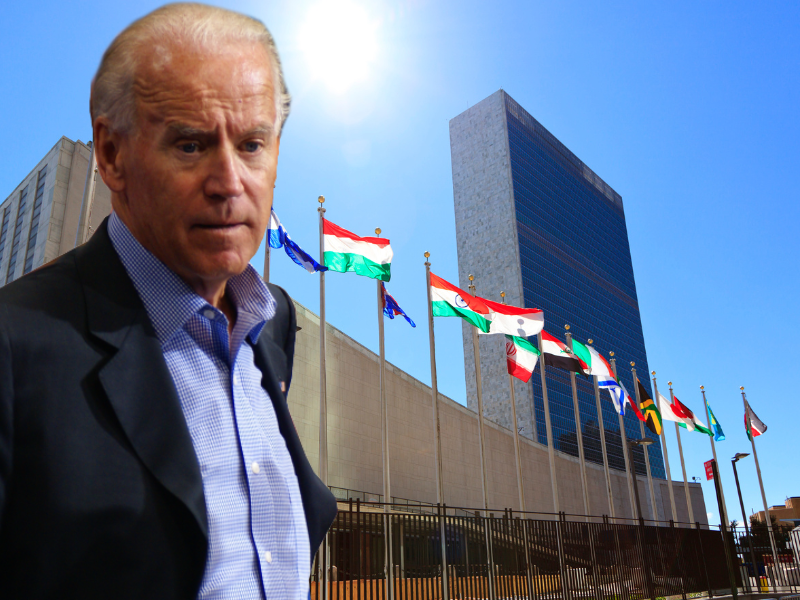The proposal might be the biggest attempted power grab in the history of the United Nations. If approved, the United States as we know it could cease to exist.
In September 2024, less than two months before the next U.S. presidential election, the United Nations will host a landmark “Summit of the Future,” where member nations will adopt a Pact for the Future. The agreement will solidify numerous policy reforms offered by the U.N. over the past two years as part of its sweeping Our Common Agenda platform.
Although there are numerous radical proposals included in the agenda, perhaps none are more important than the U.N. plan for a new “emergency platform,” a stunning proposal to give the U.N. significant powers in the event of future “global shocks,” such as another worldwide pandemic.
Many of the details of the U.N. emergency platform were laid out in a March 2023 policy paper titled “Strengthening the International Response to Complex Global Shocks — An Emergency Platform.” In the paper, the U.N. secretary-general writes, “I propose that the General Assembly provide the Secretary-General and the United Nations system with a standing authority to convene and operationalize automatically an Emergency Platform in the event of a future complex global shock of sufficient scale, severity and reach.”
Once triggered, the emergency platform would give the U.N. the ability to “actively promote and drive an international response that places the principles of equity and solidarity at the centre of its work.” The U.N. would bring together the “stakeholders” of the world, including academics, governments, private sector actors, and “international financial institutions” to ensure there is a unified, global response to the crisis.
The emergency platform would also give the United Nations the power to “Ensure that all participating actors make commitments that can contribute meaningfully to the response and that they are held to account for delivery on those commitments.”
In other words, the United Nations would be given unprecedented authority over the public and private sectors of huge swaths of the world, all in the name of battling a yet unknown crisis.
It Gets Worse
As difficult as it might be to believe, the story gets even worse from here. Although the duration of the emergency platform would initially be set for a “finite period,” at “the end of that period, the Secretary-General could extend the work of an Emergency Platform if required,” according to the United Nations’ own policy proposal.
That means the secretary-general would have the authority to keep the emergency platform in place indefinitely, all without reauthorization from member nations.



